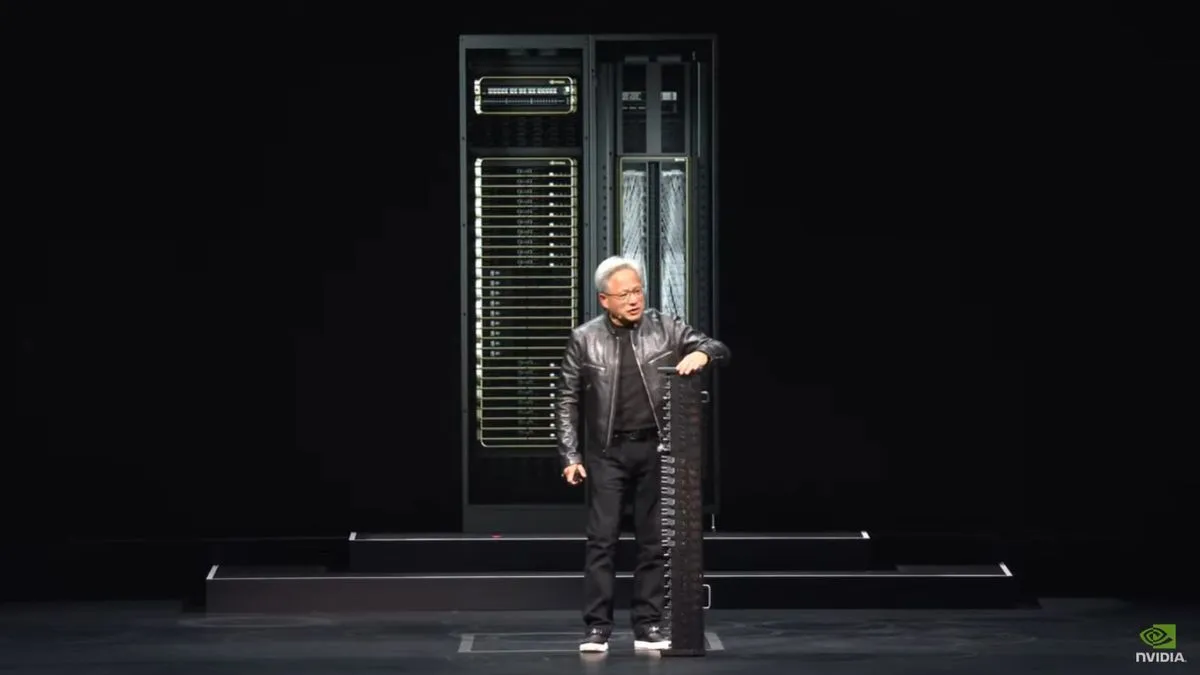I watched Nvidia's Computex 2024 keynote and it made my blood run cold
I watched Nvidia's Computex 2024 keynote and it made my blood run cold

www.techradar.com
I watched Nvidia's Computex 2024 keynote and it made my blood run cold

I watched Nvidia's Computex 2024 keynote and it made my blood run cold

I watched Nvidia's Computex 2024 keynote and it made my blood run cold
